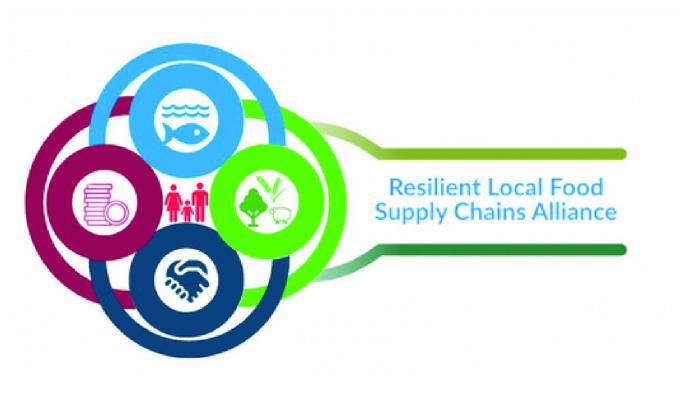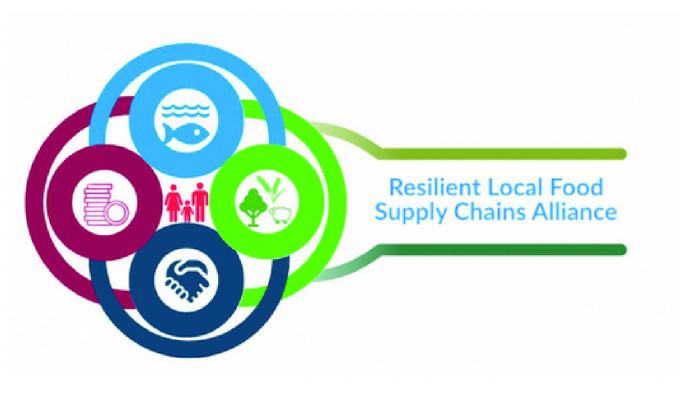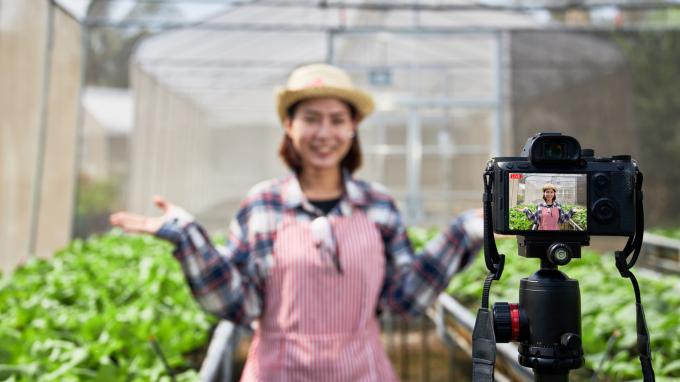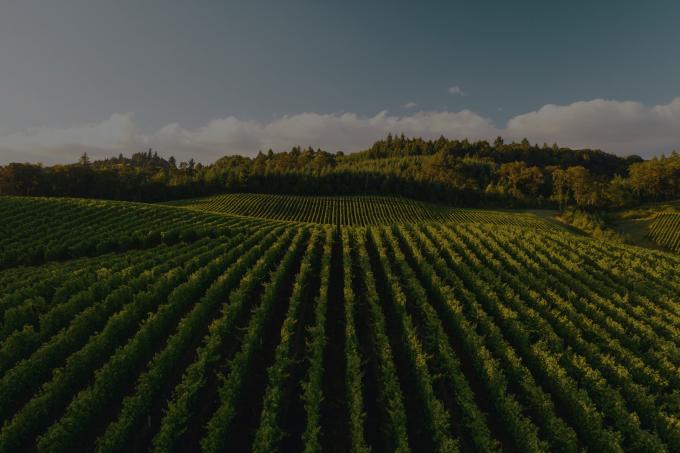STORIES
Poultry Villages: A Solution to Gender Inequality in Tribal Areas
In Jammu and Kashmir, a project based on egg production is helping transhumant women farmers keep a steady income and tackle societal constraints.
India
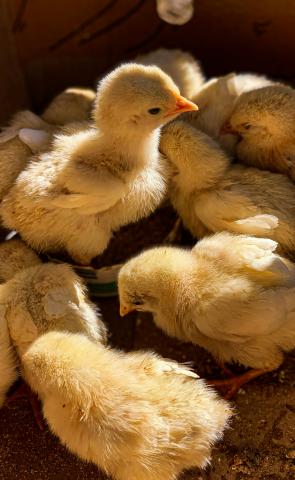
Women belonging to the transhumant tribal population of Jammu and Kashmir in India face several obstacles to leading healthy lives. They are part of various nomadic communities comprising nearly 600,000 people, more than some countries' populations. These communities are mainly dominated by men who collect and keep all the income from farming, even though both men and women work in the fields. As a result, women have no direct income, which weakens their position in society and decision-making within their households.
Tribal farmers do not own large tracts of land and often move from place to place. Therefore, providing them with a business that requires little or no land is necessary. Backyard poultry is the most suitable option for improving the socioeconomic status of tribal women farmers.
"These communities are mainly dominated by men who collect and keep all the income from farming."
The "Feathers for Brighter Future" project aimed to provide a reliable source of income for tribal women farmers, with special consideration given to widows and women with health issues. This was achieved by supplying them with a small unit of 20 to 30 backyard poultry birds known for their high egg-laying capacity. The women were trained to rear and feed the poultry birds in their backyard and were advised to feed them mainly with kitchen and agricultural waste. The goal was to ensure they had a consistent income throughout the year.
"The goal was to ensure women had a consistent income throughout the year."
This project, launched in collaboration with Sher-e-Kashmir University of Agricultural Sciences and Technology of Jammu, has successfully transformed two villages into thriving poultry production hubs. Over 40 women farmers have started their own enterprises and ensured a steady income throughout the year. By organizing themselves into small self-help groups, they have been able to collect and sell eggs in large quantities, thereby securing better returns.
Moreover, these women have not just succeeded as entrepreneurs but have also emerged as community leaders, taking the initiative to train other women from nearby villages. Despite facing the common obstacle of family hesitation to send them to markets, their leadership inspires and brings about change.
Educating women farmers about human rights is imperative to foster the development of female leaders in society and advance gender equality, a crucial component of the project's success. They require specific training on the latest global advances, equipping them to bring women's issues to national and international platforms in the future.
Related contents:









